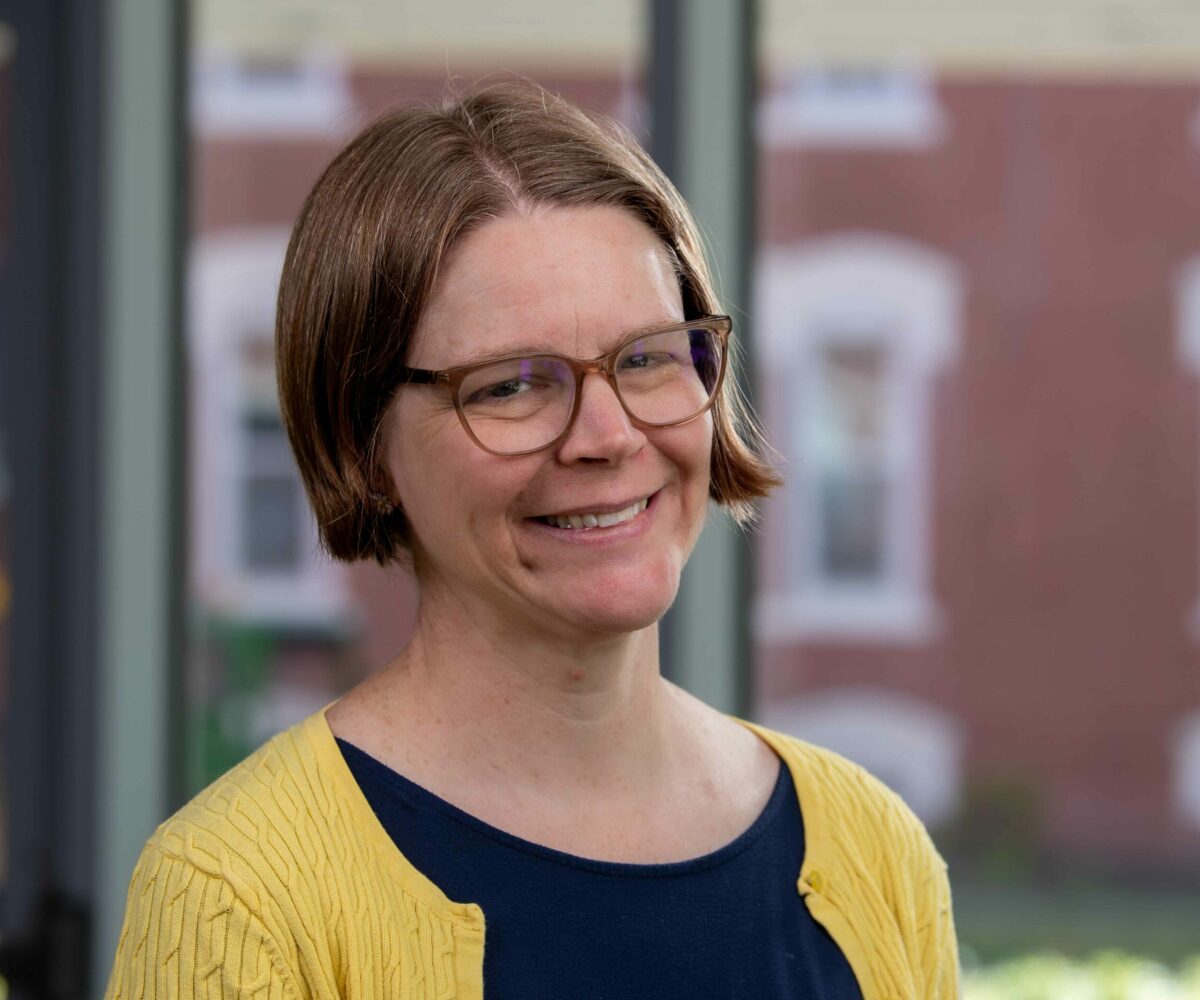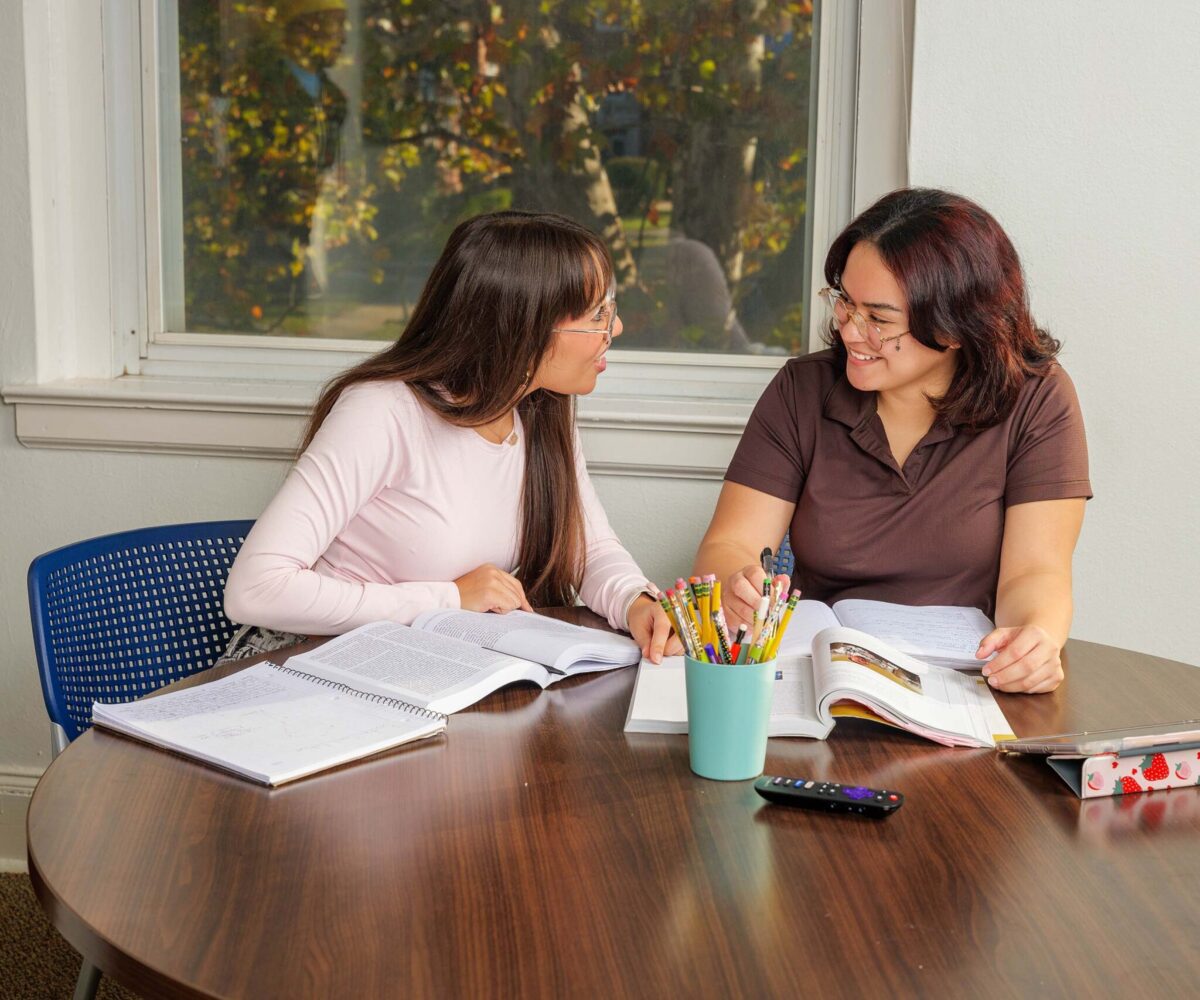
Professor of Anthropology
Cottey offers a minor in anthropology.
Cottey’s anthropology program emphasizes the study of socio-cultural anthropology. Nevertheless, other specializations in the field such as bio-anthropology, linguistic anthropology, medical anthropology, and archeology are introduced in ANT 101 (General Anthropology), as well as in other courses.
Anthropology is a far-reaching field in terms of the diversity of peoples and topics covered within it, and Cottey students are often asked to consider its application to their own backgrounds and current experiences.
Cottey’s global awareness thread goes hand-in-hand with anthropology’s key tenet to study all of humanity across time and space. In addition, anthropology students gain key analytical, critical thinking, and writing skills through their practice and application of anthropological theories and methods.
This course introduces students to the broad field of anthropology, covering its four major subfields—cultural, linguistic, archaeological, and biological anthropology. We consider humans as a species, evolutionarily-speaking, and as culture-bearers in the past, recent past, present, and through theories about our future.
This course asks students to study the human world directly, and students undertake field assignments stemming from two subfields of their choosing. In addition, each semester the class takes one or two field trips inspired by anthropological topics (non-human primates, human anatomy, burials, rituals, etc.).
Focusing on food domestication as a major influence on human societies and cultural beliefs, this course also considers how different forms of farming have historically and continue to contribute to ecological changes around the world.
Small-scale gardening is also considered in conjunction with service-learning, primarily using our campus gardens. Additional topics include food sovereignty and food insecurity, pollinators and plants, and Indigenous contributions to food domestication in the Americas.
Cultural anthropology invites students to reflect on a variety of cultural phenomena through a purposefully global perspective. At Cottey, this course delves even more into the topics of gender identity and gender relations than your average introductory cultural anthropology course.
A wider expectation is for students to relate the course material to their own experiences, while also challenging their own assumptions about diversity and humanity. Students will also learn how anthropologists have approached the issue of difference and inequality within and across cultures—focusing on race and gender as well as considering diversity in global varieties of economies, political structures, and kinship.
This course examines the unique perspectives of those who identify as Indigenous. While it covers some historical issues, our focus is more on the contemporary Indigenous experience.
Topics include gender identities, food ways and food sovereignty, language revitalization and cultural reclamation, media representation and Indigenous media, material culture and contemporary expressive culture. The course also includes at least one excursion or field trip with a focus on the Osage Nation.
Students complete hands-on projects or fieldwork assignments in every anthropology class at Cottey; and in some courses service-learning is a key component.
Whether they are attending a dance class as ethnographers using participant-observation, studying human consumption through restaurant ethnography and menu analysis, or thinking about food production through gardening—the Cottey program emphasizes learning and analysis through direct experiences.
Several students over the years have presented research projects at regional conferences stemming from Cottey anthropology courses.
Professor of Anthropology

